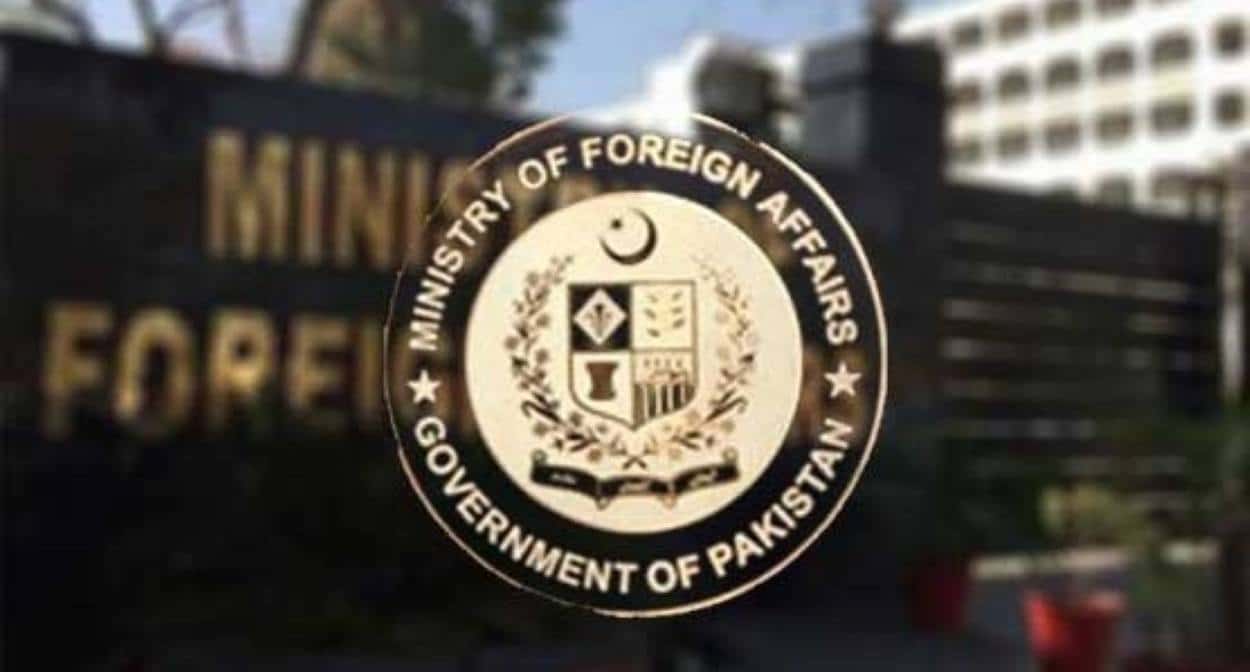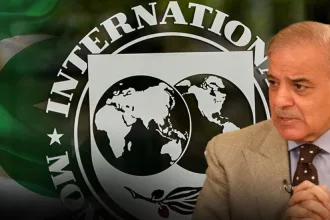The United Nations Security Council has extended its sanctions regime against Yemen for an additional twelve months. The decision maintains restrictions originally established in 2014 until November 14, 2026, with Pakistan joining the majority in supporting the renewal.
The 15-member council adopted a United Kingdom-sponsored resolution with thirteen votes in favour and no opposition. Two permanent members, China and Russia, chose to abstain from the voting process rather than support or block the measure.
The resolution also continues the mandate of the Panel of Experts that supports the Yemen Sanctions Committee. This technical advisory body will now operate until December 15, 2026, providing specialised analysis and monitoring implementation of the sanctions regime.
The original 2014 sanctions targeted activities threatening Yemen’s peace, security, and stability. These measures specifically target individuals and entities that obstruct political transition processes in the conflict-affected nation.
The Security Council has renewed sanctions on the Houthis in Yemen under the 2140 sanctions regime.
The resolution strengthens monitoring of the arms embargo and helps counter Houthi smuggling.
The UK supports the vital role sanctions play in achieving durable peace in Yemen. pic.twitter.com/fiioRlVHEl
— UK at the UN 🇬🇧🇺🇳 (@UKUN_NewYork) November 14, 2025The counsellor and political coordinator at Pakistan's UN Mission emphasised that "ensuring accountability for individuals and entities that jeopardise Yemen's stability and security remains essential to laying the foundations for a durable and sustainable peace."
Read: Israeli Navy Strikes Yemen Power Plant, Sparks War Crime Concerns
Sarwani reaffirmed Pakistan's consistent support for Yemen's unity, sovereignty, independence, and territorial integrity. He identified these principles as fundamental guides for all international engagement concerning Yemen.
The Pakistani representative further encouraged all Yemeni parties to "engage constructively and in good faith under UN auspices to bring an end to the conflict through an inclusive, negotiated political solution based on the agreed parameters."






